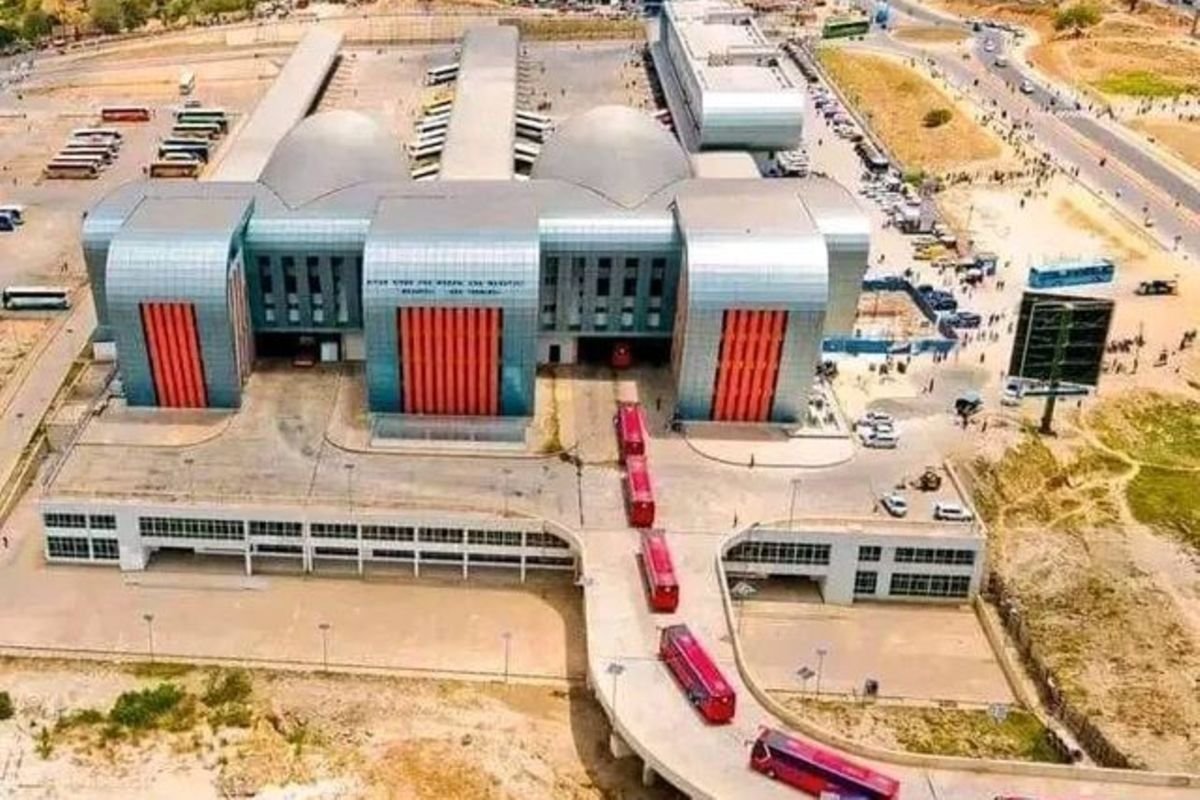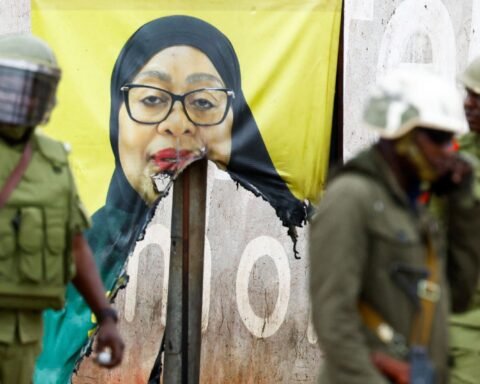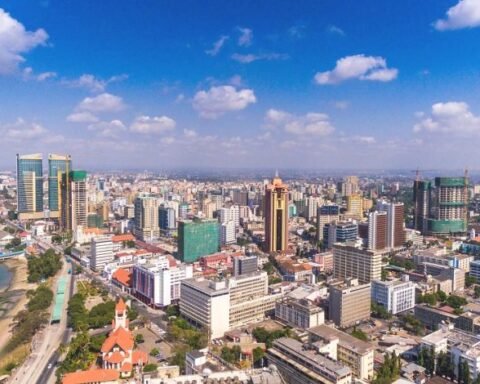Since its inauguration in February 2021, the Magufuli Bus Terminal in Dar es Salaam has promised to be a shining symbol of modernity and ambition.
Designed to cater to over 200,000 passengers daily, the terminal was envisioned as more than just a transport hub—it was meant to be a vibrant commercial center, featuring hotels, shopping malls, and recreational areas that would breathe life into the bustling city. However, more than three years later, the terminal’s promise remains largely unfulfilled, leaving many to question its future.
Despite the terminal’s strategic location and the heavy flow of passengers, large parts of the structure remain vacant and underutilized. The lower two floors, originally intended to house offices, retail shops, and commercial spaces, have become little more than empty, unused areas. The original vision of a dynamic commercial hub has faltered, and instead, the floors stand in stark contrast to the busy traffic above. Only a handful of essential services, such as police offices, immigration, and a small health center, are occupying any significant portion of the space, leaving the rest eerily silent.
The terminal’s opening, a historic occasion officiated by the late President John Magufuli, was expected to mark the beginning of a new era for Dar es Salaam. On February 24, 2021, the terminal officially began operations, but despite its grandeur, things have not gone as planned. Construction, which had started with great optimism, was halted midway due to various reasons, leading to unfinished parts of the terminal. The abandoned areas are now prone to theft, misuse, and vandalism, adding to the frustration of those who had once hoped for a thriving space.
The situation is made worse by the slow pace of ongoing work. Areas that were once meant to be bustling with business activity are instead deteriorating. It is not uncommon to find discarded clothing, accumulated debris, and even signs of vandalism, such as stripped electrical cables, scattered throughout the space. The lack of attention to these growing issues has turned the terminal from a beacon of progress into a symbol of missed opportunities.
For the Ubungo Municipal Council, which stands to gain substantial revenue from leasing these commercial spaces, the neglect of the terminal represents a significant loss. The empty floors could have been a lucrative source of income, providing space for businesses, stores, and services.
Also Read; Putin Agrees to Pause Strikes After
Trump Call
Instead, the infrastructure is deteriorating, with broken glass doors and damaged fixtures serving as visible signs of its decline.
When visiting the terminal, it’s clear that the situation has worsened since the initial opening. Rainwater has left parts of the lower floors covered in dried mud, and cleaning appears to be nonexistent. The deteriorating condition of the space is a reminder of the broken promises that have accompanied the project’s development. If nothing is done soon, this once-promising terminal could become a forgotten part of the city, tarnishing the legacy it was meant to leave behind.
The Magufuli Bus Terminal, once seen as a cornerstone of progress and modernity for Dar es Salaam, now faces the harsh reality of unrealized potential. Until the ongoing construction is completed and proper management is established, the dream of a thriving transport and commercial center will remain just that—a dream.







